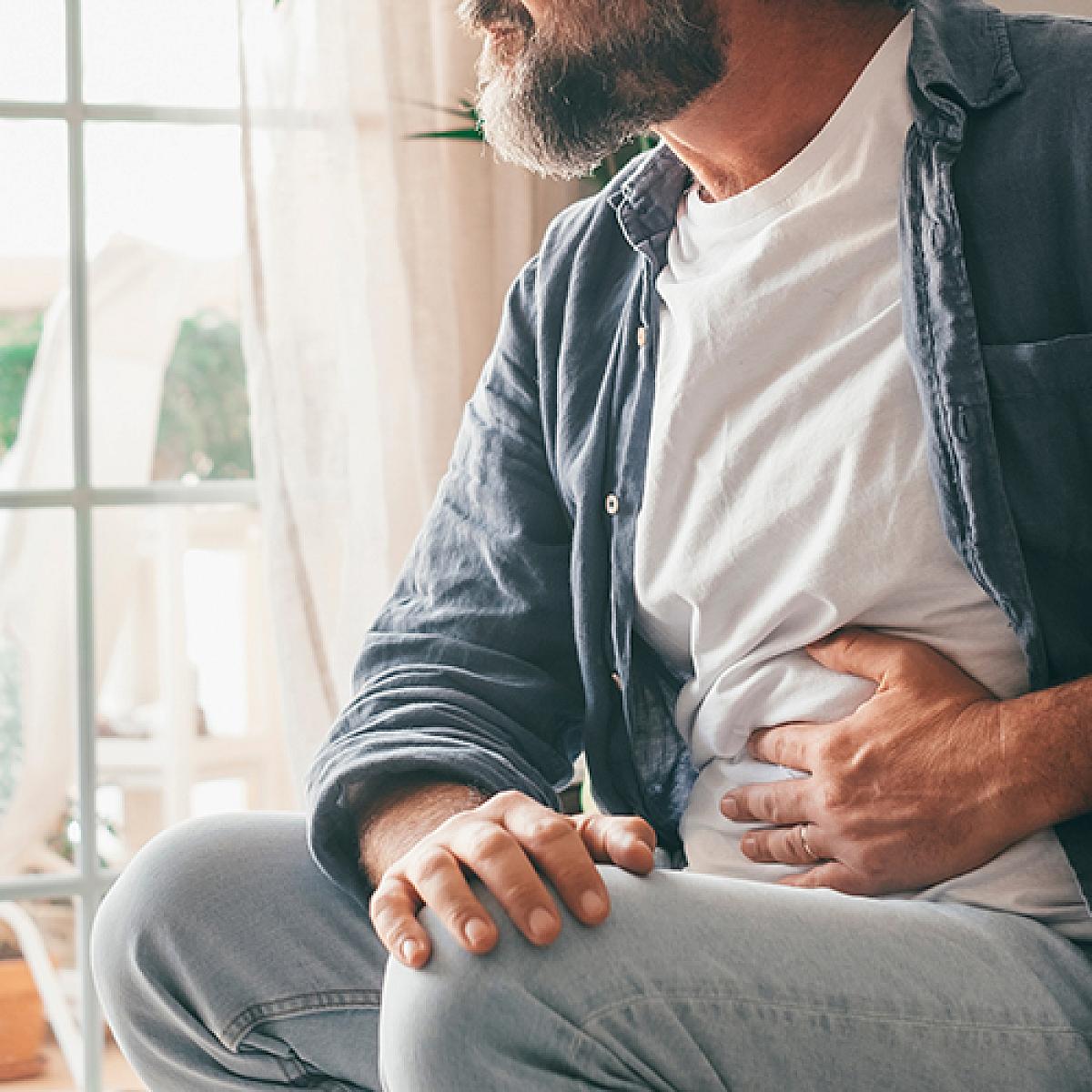
Read Time: 4 minutes
Author: Nutrition Services Team, Huntsman Cancer Institute

Cancer treatment is a roller coaster. One week, you feel horrible and the next week you feel great. Your body goes through a lot of stress during treatment and food gives your body the nutrients it needs to stay strong.
Try to eat a healthy, balanced diet during chemotherapy. Your body uses a lot of energy, so it is important that you eat enough calories. Chemotherapy affects each person differently, but here is a good rule to follow.
Your normal plate should be about:
- 75% fruits, vegetables, and whole grains
- 25% lean meats or plant-based proteins
Still, you do not have to eat a perfectly balanced diet every day. Get as close to your calorie and protein goals as you can. Eat what foods sound good and what you tolerate best. Your appetite will improve, and side effects will decrease after treatment is complete. Every day will get a little better.
There is light at the end of the tunnel.
What Are the Best Foods to Eat During Chemo?
Protein is important to maintain health and stamina during treatment. With chemotherapy, you will need extra protein, more than your normal amount for health maintenance.
Here are some examples you can try:

- Oatmeal or cereal with fruit and milk of your choice
- Peanut or almond butter
- Scrambled eggs or omelets with cheese or cottage cheese
- Seafood
- Beans
- Pasteurized yogurt with berries
- Soup with crackers
What Are Some Good Foods to Eat When I Have Nausea?

- Toast, pretzels, rice
- Bananas or applesauce
- Meat/vegetarian broth
- Ginger tea
- Tart and lemon hard candies
- Water and fruit juice
What Foods Should I Avoid?

You don’t need to avoid any food unless they make you sick or feel unwell. Because chemotherapy does affect your immune system, you do want to be careful and limit eating raw or unpasteurized foods that have a higher risk of foodborne illness. These are mostly raw meats and unpasteurized dairy products.
What Should I Eat If I Have GI Issues?
Diarrhea and constipation are common, and you may have these side effects often. No matter what you’re experiencing, it is important to keep drinking water and stay hydrated.
For Diarrhea
For diarrhea, it is best to cut back on fiber like fruits, salads, raw vegetables, and whole grains. Increase soluble fiber like potatoes, rice, oatmeal, applesauce, and crackers.
You will want to keep up your protein intake of meats and eggs, but you may need to cut back on nuts and beans.
For Constipation
For constipation, you want to increase your fiber intake, so you’ll want to have more of those types of food. Try to move and walk to help stimulate bowel movements. If needed, you can take stool softeners and laxatives to help stay regular.
What Should I Do If I Have Mouth Sores?

Your provider may recommend certain mouth washes to help with symptoms.
- Salt or baking soda rinses can help.
- Moisten foods with sauces, butter, or gravy.
- Eat foods at cold or room temperature because hot food may be irritating.
- Brush your teeth and avoid alcohol mouth wash.
What Should I Do If I Have a Metallic Taste in My Mouth?

- Adding sugar and fat flavors to food can help.
- Maple syrup, butter, peanut butter, and lemon juice can improve the taste.
- You can also try eating more yogurt, cottage cheese, or beans.
- Using plastic or bamboo utensils, and plastic water bottles can help too.
- Avoid eating canned food.
How Should I Stay Hydrated?

- The best way to do this is taking sips of water and beverages through the day and with meals.
- Add flavors and enhancers to water if the flavor is unpalatable.
- If your electrolytes are low, you can add a drink like Gatorade to the mix.
- Adding juice to a glass of water can add extra calories and flavor.
Can I Take Vitamins or Supplements During Chemo?

It’s important to talk to your care team about anything you take because they could interfere with chemotherapy. Some multivitamins and general vitamins may be allowed. Green and superfood powders, herbs, and other pills and mixes may have ingredients that are best to avoid during treatment. If you have questions, ask your care team. If you have low iron or are deficient in other areas, your care team will help you supplement your needs.
What If I Start Feeling Sick During Chemo?

If you start feeling sick or losing weight, please contact your care team or dietitian. We need you at the top of your nutritional game—whether that means gaining weight back or getting protein and calories to help you recover between treatment cycles and after treatment is complete.
The registered dietitians at Huntsman Cancer Institute’s Linda B. and Robert B. Wiggins Wellness and Integrative Health Center provide personalized nutrition counseling for patients with all types of cancer. For more information or to make an appointment, call 801-587-4585.
Be well and have a healthy day!